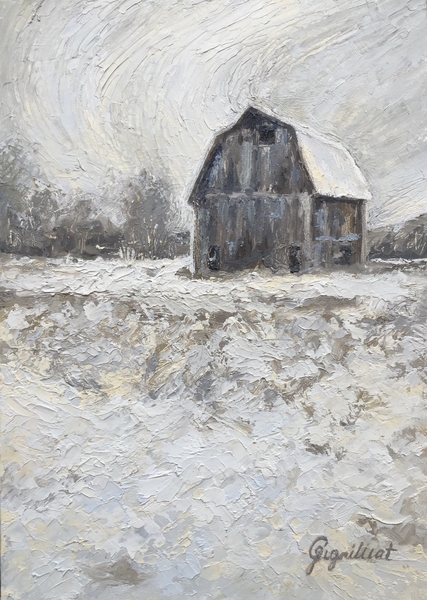
Vanity of vanities, says the Preacher, all is vanity. The cadence of the King James Version remains present in most of our English translations of Ecclesiastes 1:2. This venerable rendering of the Hebrew hevel will, for the foreseeable future, link the term “vanity” with the book of Ecclesiastes in the English speaking world. For example, the NIV translation, “Meaningless, meaningless, says the Preacher,” will be jarring to a certain generation of Bible reader regardless of whether or not the NIV has made a good lexical choice. Similar things can be said about John 3:16 as well. We all know how that one should go. And for the record, let’s just leave Psalm 23 alone.
“Vanity” joins a long list of words, however, whose connotative associations are not immediately clear in our given moment. Our tendency, or at least my tendency, is to associate “vanity” with political bravado or reality TV when moving through our associative field maps. Vanity and self-conceit become the flip sides of the same connotative coin. Just a quick peak at the Oxford English Dictionary (OED) reveals this linguistic association is correct, even if limited. The OED also suggests as its first lexical entry “that which is ‘vain, futile, or worthless’.” The King James translators were working with this definition. Everything is futile or worthless or, in the terms of the NIV above, meaningless. Such an understanding of the Hebrew hevel casts Ecclesiastes into a mostly negative light.
Hevel functions as a metaphor, and metaphors are as good as our ability to make the proper metaphorical associations. What are the qualities of the metaphor that we are meant to relate to the person or thing we’re describing? These associative moves are not always self-evident and are often open to multiple understandings (multivalent is the technical term if you’re looking for a conversation stopper at your next dinner gathering). As most first year students already know, hevel means “breath” at its most basic level.
Several years ago I offered some lectures at a seminary in South Florida. I noticed under the lectern an ash tray with a cigar stub in it. Cigar smoking indoors while lecturing? Naturally, I was intrigued. So I asked my host about it. Apparently Bruce Waltke, yes the same man who taught Ken Mathews and Allen Ross, was lecturing on Ecclesiastes the week before. He wanted to illustrate for the students what hevel was all about. He lit the cigar, drew on it before the crowd (I so wish I was there) and puffed it away. While the smoke lingered and then dissipated, Waltke said, hevel.
I don’t pretend to bring the fascinating discussion of hevel’s metaphorical force to an end. Nor do I wish to limit hevel in Ecclesiates to one linguistic option. But I will say that Ecclesiastes opened up for me in new ways when hevel as “smoke” or “breath” moved to a more central place. Rather than life under the sun being “meaningless” or “futile”, akin to Kafka’s existential literature of despair, the preacher in his old age is giving us a great jewel of wisdom. Life is fleeting. It can’t be held or grasped. It’s like smoke. Whether in our toil or pleasure or gathering of wisdom, we can hold on to none of it nor press into these things in such a way as to extract all they promise. It’s smoke through our fingers. What we take for granted in the normalcy of our lives is here like a puff of smoke and then gone. Even the best of our moments in this life cannot be held on to or extracted to their fullest.
Where does Ecclesiates leave us? Given the fleeting character of our lives, enjoy God’s good gifts in this world (Eccl 2:24-25; 5:18-20) and fear Him (Eccl 12:13). Sage advice from the elderly preacher in Ecclesiastes. Sage advice for our national and global moment. How quickly last Wednesday turned into the chaos of Thursday. Our world and our lives turned upside down in the snap of a finger. What was normal became hevel in an eye’s blink. And hevel moments, challenging as they are, remain Ecclesiastes' great gift for clarity about what life under the sun entails at its best: enjoying the creaturely gifts God has given us and ordering our desires toward God as our ultimate good.
The Prayer of General Thanksgiving may not say it as well as Ecclesiastes but gets pretty close. I’ll leave you with its promise.
We bless Thee for our creation, preservation, and all the blessings of this life but above all for thine inestimable love in the redemption of the world by our Lord Jesus Christ, for the means of grace, and the hope of glory.
Amen.
Mark Gignilliat is professor of divinity at Beeson Divinity School, where he teaches Old Testament and Hebrew.
